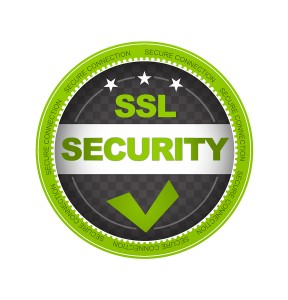OnGuardOnline.gov, co-managed by the Federal Trade Commission, is the federal government’s website to help you be safe, secure and responsible online.
 OnGuardOnline.gov is a partner in the Stop Think Connect campaign, led by the Department of Homeland Security, and part of the National Initiative for Cybersecurity Education, led by the National Institute of Standards and Technology.
OnGuardOnline.gov is a partner in the Stop Think Connect campaign, led by the Department of Homeland Security, and part of the National Initiative for Cybersecurity Education, led by the National Institute of Standards and Technology.
Vulnerabilities
I, for one, am a big fan of the Department of Homeland Security, so I wanted to provide some DHS perspectives on wireless, its vulnerabilities and encryption – such as that obtainable through Hotspot Shield VPN – straight from the government’s mouth: “WiFi hotspots in coffee shops, libraries, airports, hotels, universities and other public places are convenient, but they’re often not secure. When using a hotspot, it’s best to send information only to websites that are fully encrypted.”
“You can be confident a hotspot is secure only if it asks you to provide a WPA password. If you’re not sure, treat the network as if it were unsecured.”
Encryption
You’ve heard it from this blogger before, but this is what Homeland Security has to say about encrypting your web communications:
“Encryption is the key to keeping your personal information secure online. Encryption scrambles the information you send over the internet into a code so that it’s not accessible to others. When using wireless networks, it’s best to send personal information only if it’s encrypted – either by an encrypted website or a secure WiFi network. An encrypted website protects only the information you send to and from that site. A secure wireless network encrypts all the information you send using that network.” Homeland Security further states: “Don’t assume a Wi-Fi hotspot is secure. Most Wi-Fi hotspots don’t encrypt the information you send over the internet and are not secure.”
Hence, get yourself a wireless VPN! And use it. Advice straight from the DHS’s mouth.
Robert Siciliano is a contributing blogger for JenningsWire.




